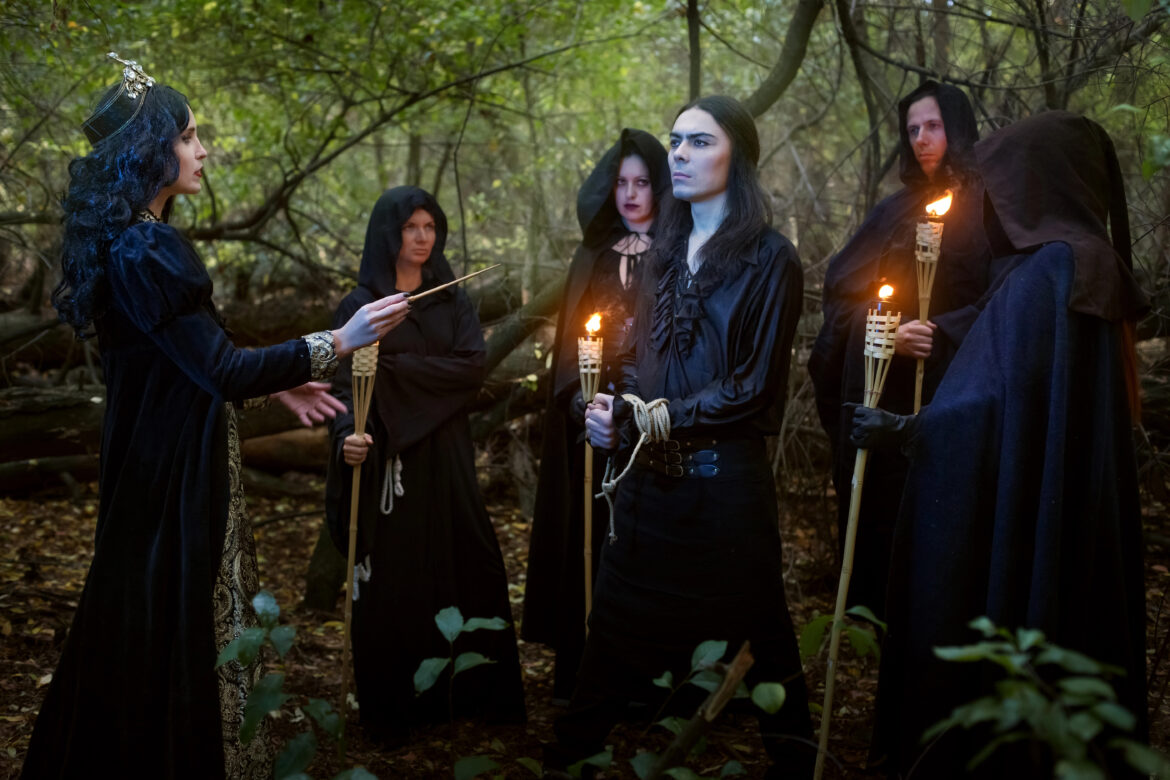The fourth century C.E. Neoplatonist Sallustius, a friend of the Roman Emperor Julian (who revoked Christianity’s status as state religion and attempted to revive polytheist worship), wrote in On the Gods and the Cosmos that the myths told in religious initiations “never happened, but always are,” and that “as the myth is in accord with the cosmos, we for that reason keep a festival imitating the cosmos, for how could we attain higher order?” (section 4) Sallustius wrote that myths which mix both psychic and material interpretations particularly “suit religious initiations, since every initiation aims at uniting us with the world and the gods.” As an example of a “mixed” psychic and material myth, he cites the story of Kybele and Attis, putting forth the interpretation that Kybele “is the principle that generates life,” that Attis “is the creator of all things which are born and die,” and that “the creator who makes these things casts away his generative powers into the creation and is joined to the gods again.” Kybele’s priests, the Galli or Gallai (the latter term, of feminine linguistic gender, found in a fragment of Callimachus), were known for re-enacting Attis’ self-castration in their own ecstatic rituals. There is also a cave in at Hierapolis in Phrygia, of which Daniel Ogden writes in Greek and Roman Necromancy: “The …



